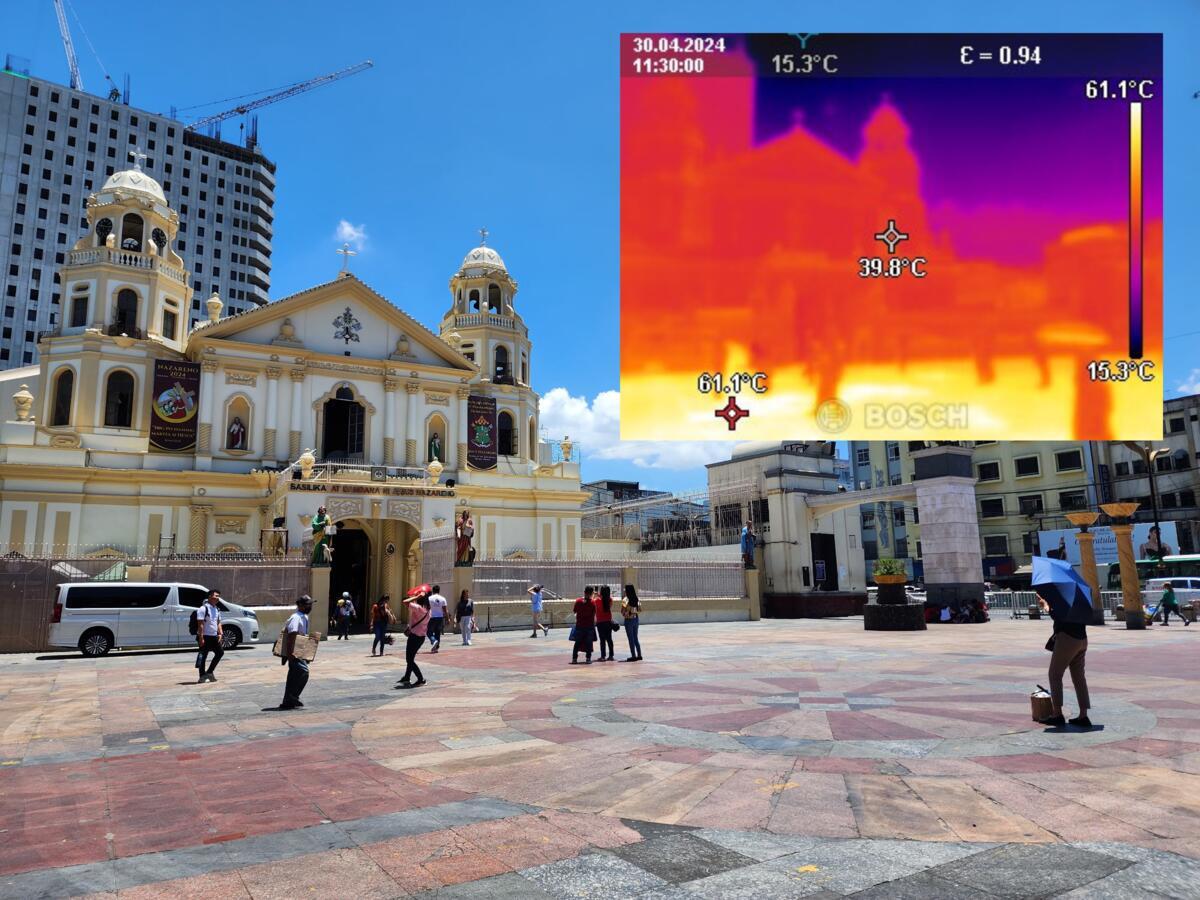Baku, Azerbaijan – As the UN climate talks kicked off in Baku Azerbaijan this week, Greenpeace Philippines urged the Philippine government to demand ambitious commitments from governments, and payments for losses and damages from fossil fuel companies. Greenpeace is calling on the Philippine delegation, led by Environment Secretary Maria Antonia Yulo Loyzaga, to lead the calls for a fossil fuel phase out, and accountability and reparations from climate polluting companies.
Naderev “Yeb” Saño, Executive Director of Greenpeace Southeast Asia, stressed that Philippine delegates must champion robust climate funding commitments, such as a higher New Collective Quantified Goal on Climate Finance, to cover the needs of developing nations for climate mitigation, adaptation, and addressing loss and damage.
‘Fresh in our memory’
“As host of the Loss and Damage Fund Board, the Philippines should hold the torch for climate-vulnerable nations to be compensated for loss and damage,” said Saño. “The Philippines ranks as the most vulnerable to climate impacts. Those who would represent us at the UN climate talks should bear in mind the collective trauma from the relentless storms and typhoons.”
“In the past six months, storms, typhoons and severe tropical cyclones–including Carina, Enteng, Julian, Leon, Kristine, and Marce–have killed more than 250 people and inflicted damages exceeding 25 billion pesos,” said Buklod Tao, Inc. Founder and Executive Adviser Manuel ‘Ka Noli’ Abinales, whose communities at the banks of Nangka and Marikina Rivers in Barangay Banaba, San Mateo, Rzal have been long vulnerable to climate emergencies and have suffered repeated bouts of intense flooding, soil erosion and river wall collapse this year.
Some regions in Luzon faced four powerful storms in the span of a month and are now bracing for Tropical Storm Ofel, which is expected to affect the same areas within days.
“While vulnerable communities like us are being brought to our knees repeatedly because of climate impacts, the climate polluters, oil and gas companies, only get richer from their profits,” Ka Noli said. “We hope that our government recognizes this injustice.”
According to Saño, the The United Nations Framework Convention on Climate Change (UNFCCC) only covers commitments from State parties, which leaves open gaps in holding the biggest culprits accountable for the climate crisis: The world’s largest fossil fuel companies that are securely entrenched in the global north.
“The Marcos Jr administration must ensure that fossil fuel companies are made to pay for losses and damages,” Saño said. “Whether through new tax systems, the removal of fossil fuel subsidies, or other funding mechanisms, corporations should be held accountable and made to pay up.”
Groundbreaking local legislation: The CLIMA Bill
Saño emphasized that calls on the international stage must be backed by local action. “The Marcos administration must enact policies that hold corporations accountable for their climate impact,” he said. “President Marcos has an opportunity to lead during these critical years for climate action.
Greenpeace is urging the president to prioritize the swift passage of the Climate Accountability (CLIMA) Bill. Currently being deliberated in Congress, this landmark bill would establish a legal framework to hold corporations accountable for climate loss and damage.
The CLIMA Bill is a pioneering legislation that shifts the burden of the costs of the climate crisis to the very entities that have caused it. The bill seeks to institutionalize a loss and damage facility, empowering communities to seek climate justice and access funds for the environmental and societal harms they suffer due to climate change.
“Each nation must take steps in ensuring the biggest polluters pay,” Saño said. “Either they act to stop fossil fuel companies from destroying the climate now, or have the world resign to a near future where life-and-death climate impacts become the new normal.”
References:
- Enforcing Accountability: Holding Fossil Fuel Companies Liable for the Climate Crisis
- National Inquiry on Climate Change Report by the Philippines Commission on Human Rights, on the landmark investigation into the possible human rights violations of the 47 biggest fossil fuel and cement companies (“Carbon Majors”) resulting from climate change
For more information and interview requests, please contact:
Karl Orit, Communications Campaigner
Greenpeace Southeast Asia – Philippines
[email protected] | +63 9194571064 (Viber & WhatsApp)



